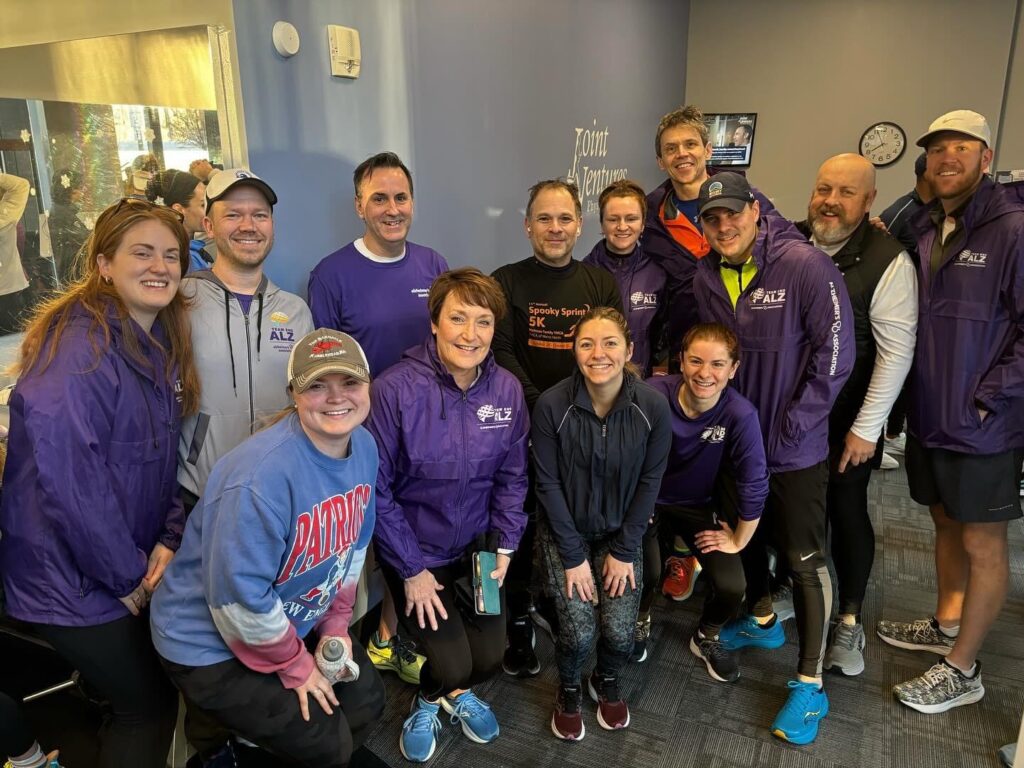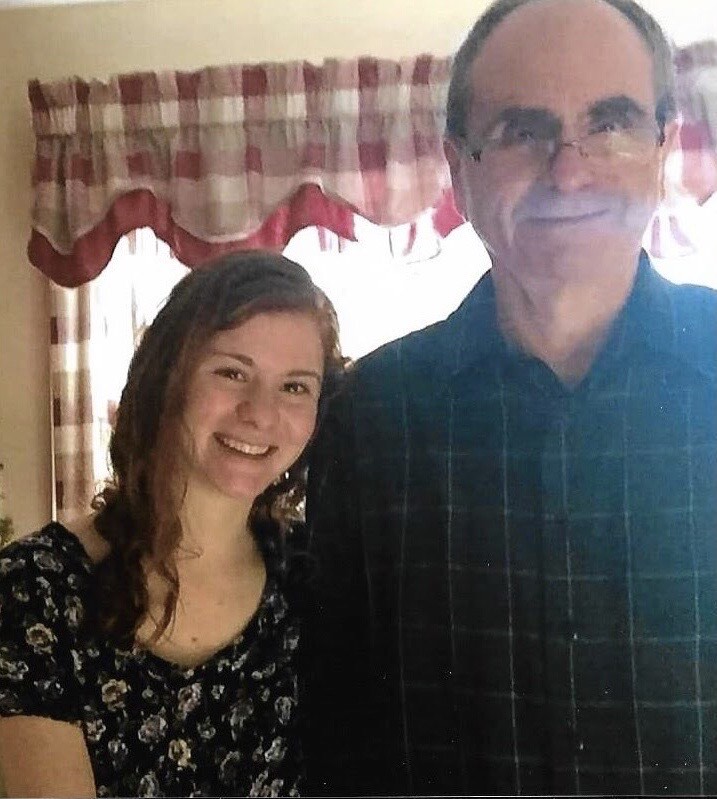Great to see you! Please share with us what you are doing in the field of Speech-Language Pathology.
I work at St. Vincent’s Hospital in Worcester, MA. This is an acute care hospital with 380 beds. Most of my patients have underlying neurological disorders that I evaluate and treat. The majority are seen for dysphagia, but I also treat patients after a tracheostomy placement or with acute aphasia following a stroke.
Can you share with us your clinical journey since graduation in May 2019?
I completed my CF at EasterSeals MA, working at the SEEM Collaborative School. This was a great opportunity to scaffold my graduate school placement in a Collaborative. After I got my CCC, I moved home to Rhode Island and worked in a Skilled Nursing Facility for two years. Now I am here at St. Vincent’s, where I was able to complete my MBS training.
So today is a snowy day here in Boston. What happens with inclement weather at your facility?
I work with another full-time SLP here at the hospital, who happens to live in Worcester. We’re both expected to be in regardless of weather, but we are able to coordinate coverage for our caseload if the roads are really bad.
You shared with me that you are training to run the Boston Marathon this April. Were you always a runner?
Actually, I wasn’t. I started running during college as a way to get to know Boston. Running along the Charles River was always beautiful. After college, I continued to run to explore each area I was living in. Right now, I’m trying to stick to a schedule and run three days a week. Each week the mileage gets a little longer. This past Saturday, I ran 16 miles.
This sounds rigorous. Do you train with a group?
I am running with a team for the Alzheimer’s Association of MA/NH. There is a coach that helps set up a training program. We typically meet on Saturdays in Boston to do long runs together.

I think about the challenges of running in the dark and inclement weather here in New England.
That’s certainly a challenge. I run mostly in the spring and fall since the humidity in the summer can be hard. In the winter, I have reflective gear for running in the dark and stick to well-lit neighborhoods.
When did you qualify for running the Boston Marathon?
If you are running in support of a charity, you do not need a qualifying time. In exchange for an entry spot, I need to raise a minimum of $10,000. I’m a little over halfway there now.
The Alzheimer’s’ Association works with you to help raise funds. I chose this charity since my father, who had early-onset Alzheimer’s, passed away when I was in grad school. Of course it would be great to have additional support.
You can find my fundraising page here https://bit.ly/47vlw5N.

Do you want to run more marathons, like the big seven?
Training for even one marathon is a large time commitment, so I am not sure! I was originally supposed to run Boston in 2020, but the race turned into a virtual marathon with the start of COVID. So I had to run around my neighborhood instead. I’m excited to finally cross a non-virtual finish line this year.
Absolutely! What do you enjoy doing outside of work/training for the marathon?
I am currently reading a good book called “Ice: From Mixed Drinks to Skating Rinks”. It is very random, but I’ve been enjoying learning about the social impact ice has had on our country.
Awesome! You know what a fan I am of reading ☺
Favorite class in grad school?
Neuro! It has definitely come in handy at the hospital.
Dr. Zimmerman will be thrilled! Take good care Andrea and best of luck for the Boston Marathon. We will be cheering you on!